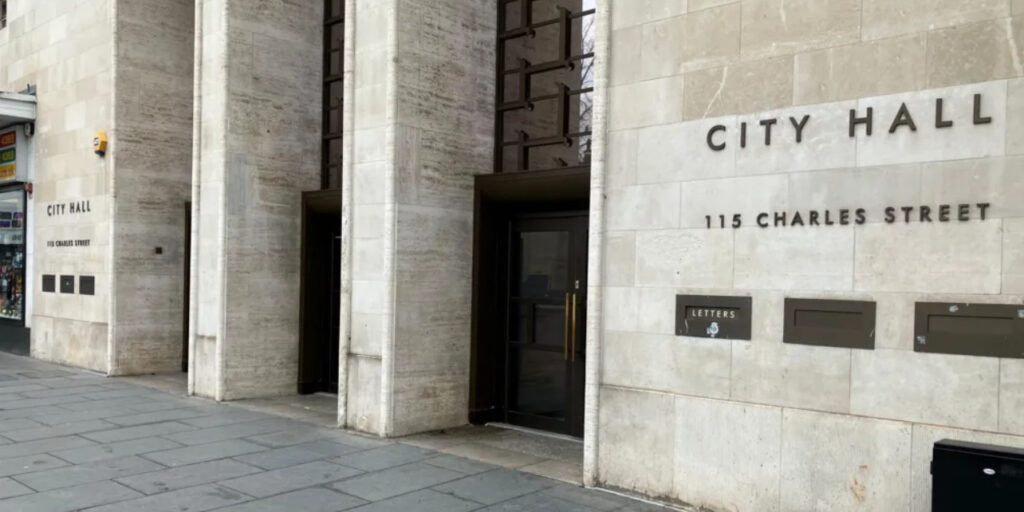Leicester City Council has contested a government ombudsman’s recommendation to provide full compensation to a mother who was left homeless after escaping domestic abuse.
While the council agreed to pay £500, it has declined an additional £1,300, as suggested by the Local Government and Social Care Ombudsman, stating that the recommendation relies on outdated laws that do not account for the current housing crisis.
The woman, who had fled her home with her children, initially sought emergency accommodation from the council.
She was first placed in a bed-and-breakfast (B&B) before being referred to a refuge offering self-contained accommodations.
During her stay, she expressed concerns about her children’s health and the refuge’s distance from her support network, contacting the council multiple times but receiving no response.
According to UK housing law, families should only be placed in B&Bs for up to six weeks, but this family spent 19 weeks in such accommodation, which was divided into two rooms.
The ombudsman’s investigation found that the council failed to inform the mother of her right to appeal the suitability of her housing through the courts.
Although she was eventually offered a one-bedroom property, the council acknowledged that it was unsuitable but did not advise her on her right to appeal.
In addition to the £500 payment, the ombudsman recommended that the council pay £1,300 to address the extended B&B stay and an additional £150 per month for ongoing unsuitable housing.
The ombudsman, Ms. Amerdeep Somal, expressed disappointment over the council’s partial compliance, stating that it “failed to grasp the severity of the injustice faced by this family.”
Responding to the decision, Leicester City Council argued that a full payout could have significant financial repercussions, describing the total cost as “disastrous” for local authorities. Declaring a housing crisis in November 2022, the council spends approximately £16 million annually on homelessness services.
Elly Cutkelvin, the Deputy City Mayor for Housing, attributed the strain to an increasing demand for affordable housing. “Five years ago, we had no families in B&Bs; today, we have 171 in B&Bs and another 365 in other temporary housing due to government failure to build enough homes.”
Ms. Cutkelvin also expressed concerns that following the ombudsman’s full recommendation could set a precedent, potentially costing the council £220,000—a cost she said the council cannot bear.
While acknowledging service failings in this particular case, the council is implementing staff training and recruiting additional personnel to prevent similar occurrences in the future.


